In July 2022, the Second Circuit heard the case United States v. Pikus, 39 F.4th 39 (2d Cir. 2022) to answer an important question as to what constitutes an unreasonable delay that would violate a defendant’s Constitutional right to a speedy trail.
In 1972, the Supreme Court decided Barker v. Wingo, 407 U.S. 514 (1972) and laid out factors to consider when deciding whether the defendant’s Constitutional right to a speedy trial has been violated. The court will consider the length of the delay, the reason for the delay, whether and to what extent the defendant asserted his speedy trial right, and the prejudicial effect on the defendant’s case. Following the decision in Barker, Congress passed the federal Speedy Trial Act, 18 U.S.C. 3161, in 1974. The Act requires that an information or indictment is filed within 30 days of arrest and that a trial must begin within 70 days of indictment or arraignment. There are some delays that are excluded from the 30 and 70-day time limits. These exceptions include: continuances that serve the ends of justice, delays resulting from pretrial motions, unavailability of the defendant or an essential witness, and delays attributable to defendant’s involvement in other proceedings.
In Pikus, Aleksander Pikus was one of four defendants charged with money laundering conspiracy and other related offenses for defrauding Medicare and Medicaid through false billings. Between his indictment and trial there was a 3-and-a-half-year delay. During this delay, most of the inactivity was because the Government struggled to meet its discovery obligations. Pikus also moved twice for dismissal of the indictment due to these delays, which were denied by the district court. Three and a half years after his indictment, Pikus’ trial began. He was convicted and subsequently appealed his sentence, arguing that the district court erred when it denied his motions to dismiss based on violations of 18 U.S.C. 3161.
Applying the principles set forth in Barker, the Second Circuit reversed the district court’s judgment of conviction, vacated Appellant’s conviction and sentence, and remanded to the district court to determine whether the pending charges should be dismissed with or without prejudice. The Second Circuit concluded that the district court failed in protecting Pikus’s right to a speedy trial, holding that there were at least two periods of delay that the district court erred in finding as excludable time periods. Specifically, the Second Circuit explained that it is not enough that the district court declare on the record that excludable time is appropriate because the case was complex—the district court must make particularized findings on the record why the case was complex. This strict interpretation of the Speedy Trial Act will ensure that defendants Constitutional right to a speedy trail are protected.
When under investigation it is important to follow the advice of your attorney and not speak about the alleged crimes over social media. LGR Law, LLC’s federal criminal defense attorneys have the essential skills to protect your legal rights. Should you or a loved one receive any indication that you are a target of a federal investigation, contact Lorraine Gauli-Rufo, and the attorneys at LGR Law immediately. (973) 239-4300, www.lgrlawgroup.com, [email protected]
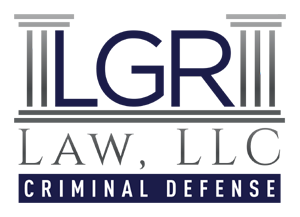
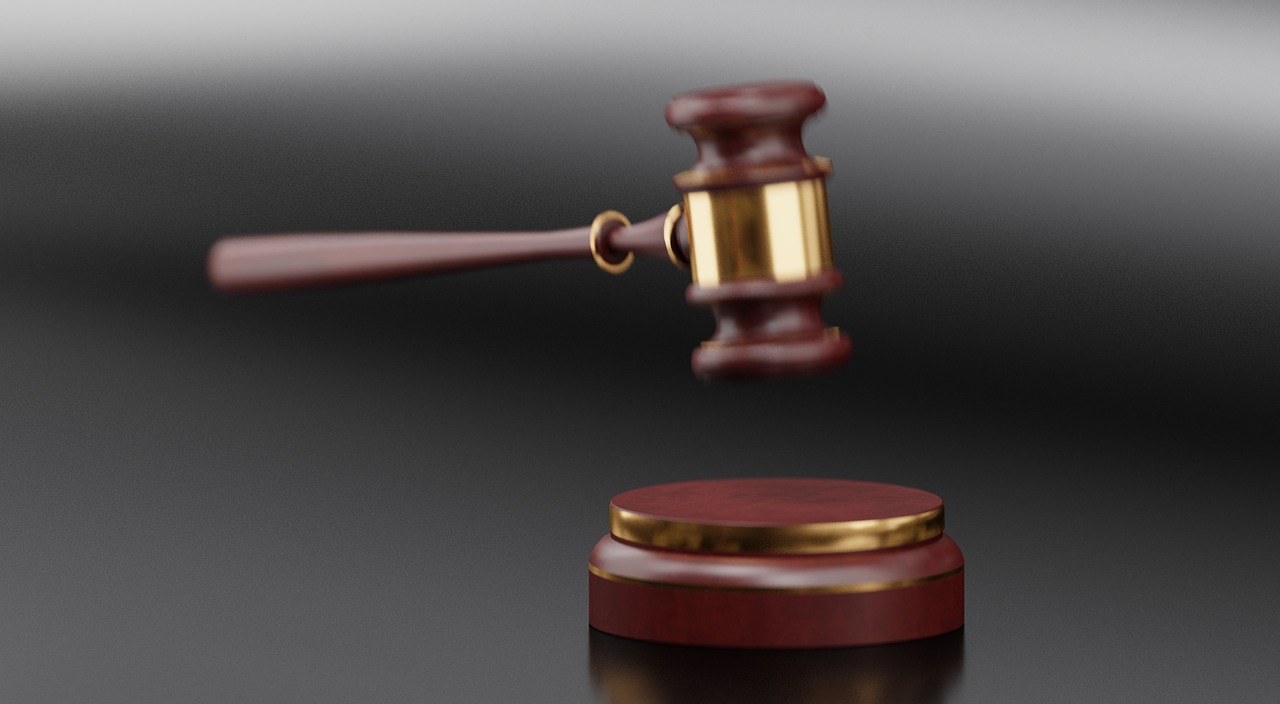
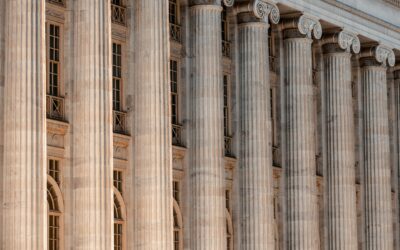
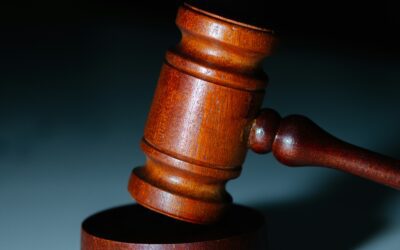
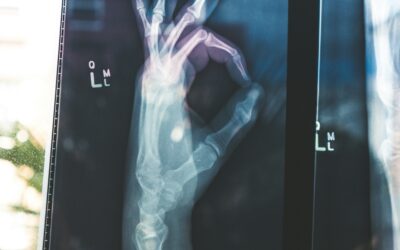
0 Comments